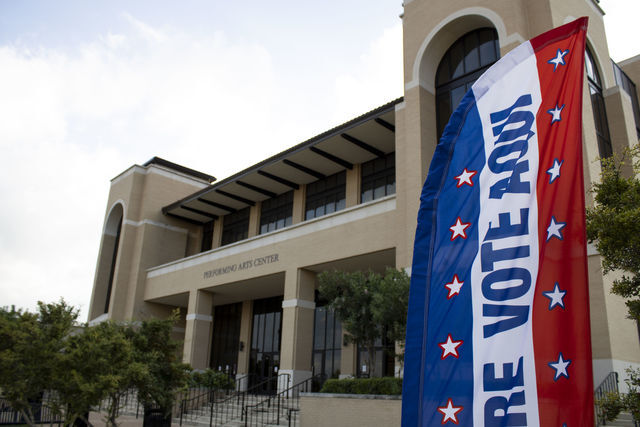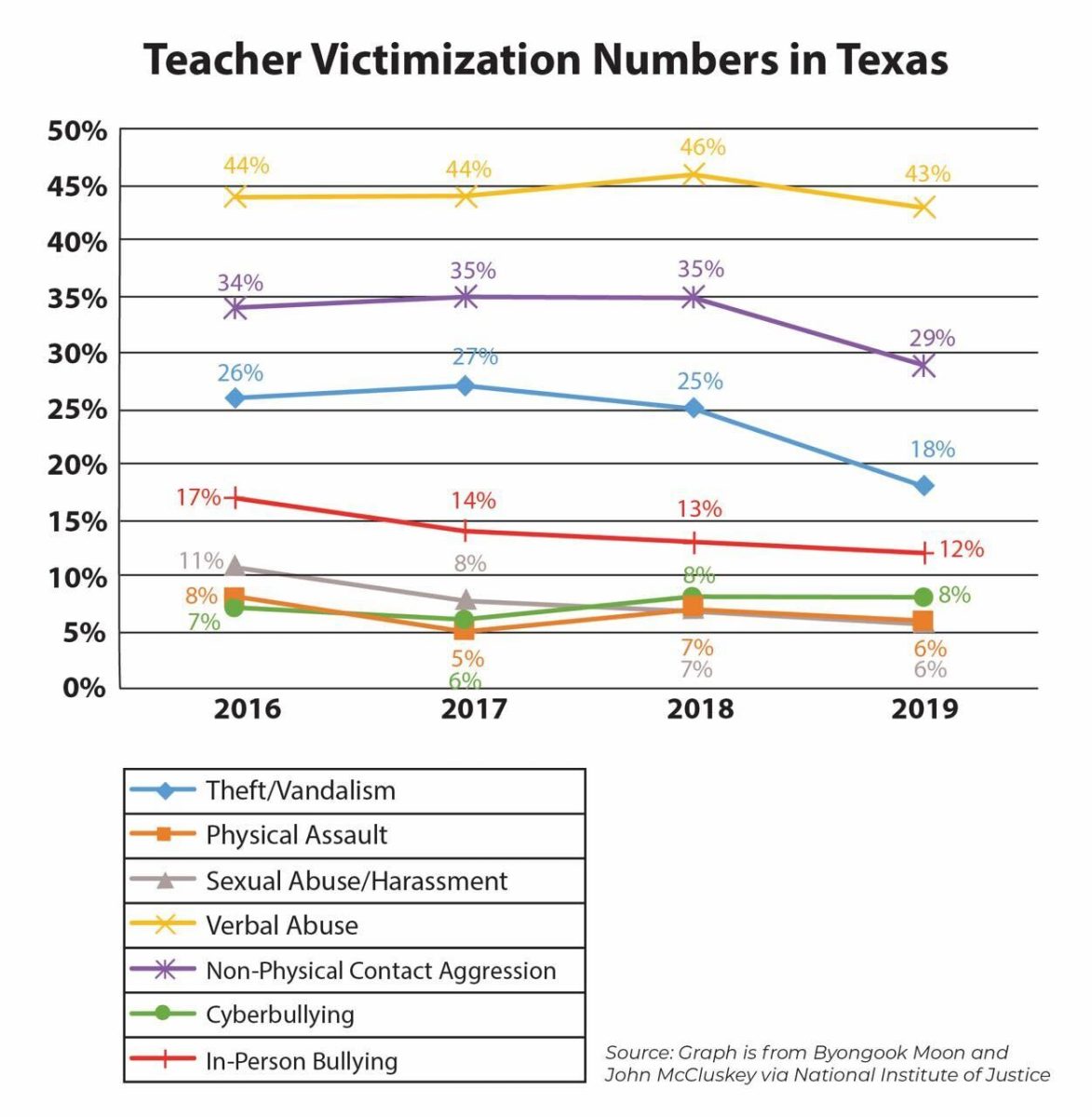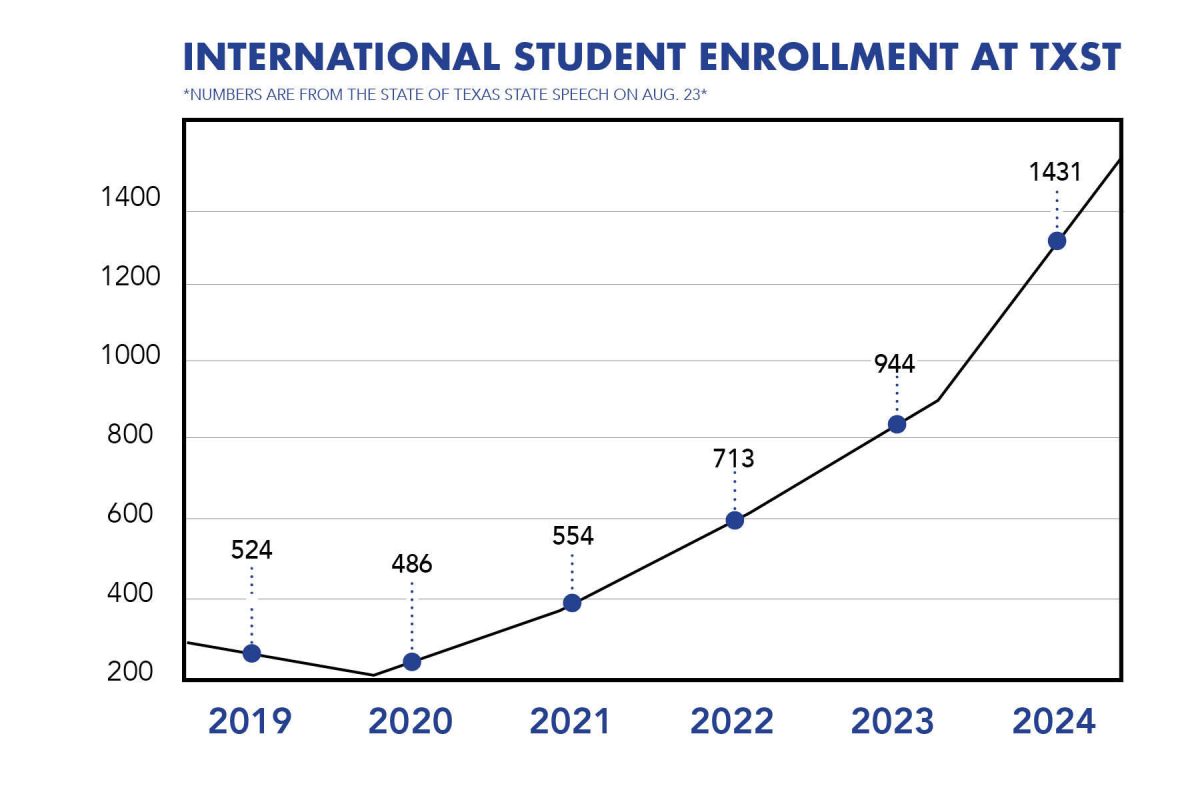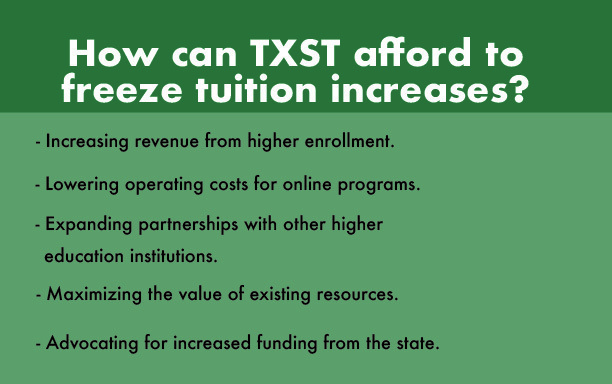Faculty Senate reviewed the student code of conduct and process of the institutional review board at Wednesday’s meeting.
Sean Rubino, director of Research Integrity and Compliance, joined the first portion of this senate meeting to discuss Institutional Review Board reviews by giving a description and clarification of the process.
Rubino described the first thing the office of research compliance does is determine whether or not the application falls under the federal definition of human subject research. The proposal then falls into one of three categories: exempt, expedited or full board review.
Exempt and expedited proposals are usually low risk, where the applicant may begin conducting research. Full board reviews are given to proposals that involve research participants of vulnerable populations like pregnant women, prisoners or children.
“We tend to have no more than 5 applicants that meet the sanctions for full board review,” Rubino said. “So 95 percent are categorized as exempt or expedited.”
A concern within the senate was the prolonged amount of time that proposals were taking to be reviewed. They asked Rubino if there was anything their colleagues or themselves could do in order to help speed up the process.
“One thing that would help us is trying to get a more thorough review from the faculty sponsor or whoever is reviewing that student,” Rubino said.
One faculty senator suggested that a series of roundtable conversations be conducted so the people who need this information have access to it. Rubin claimed that he had held roundtable discussions in the past that resulted in little attendance. However, he was open to the idea of further conversations being held in the future.
Ben Martin, senator from chemistry, then shared his reviews on the Code of Student Conduct.
After finding areas of concern within the code, Martin discovered the weakness lays with the short one page that describes provisions for “discrimination, harassment, sexual misconduct and denial of civil rights.” The code does not define what these terms are.
Martin provided a comparison to Texas A&M’s student code of conduct, which contained precise definitions of different forms of misconduct and harassment. The comparison served to show that this goal of legality is possible.
The desire of the senate would be to clarify the code, and to clarify that free speech is also protected by the university. In doing this the revised code could “define the line where free speech ends and harassment begins,” Martin said.
Martin will develop a draft of the legal processes that the senate will propose to add before submitting the changes to President Denise Trauth to gather her thoughts on it.
Categories:
Faculty Senate discussed institutional review board and code of student conduct
November 30, 2017
0
Donate to The University Star
Your donation will support the student journalists of Texas State University. Your contribution will allow us to purchase equipment and cover our annual website hosting costs.
More to Discover













